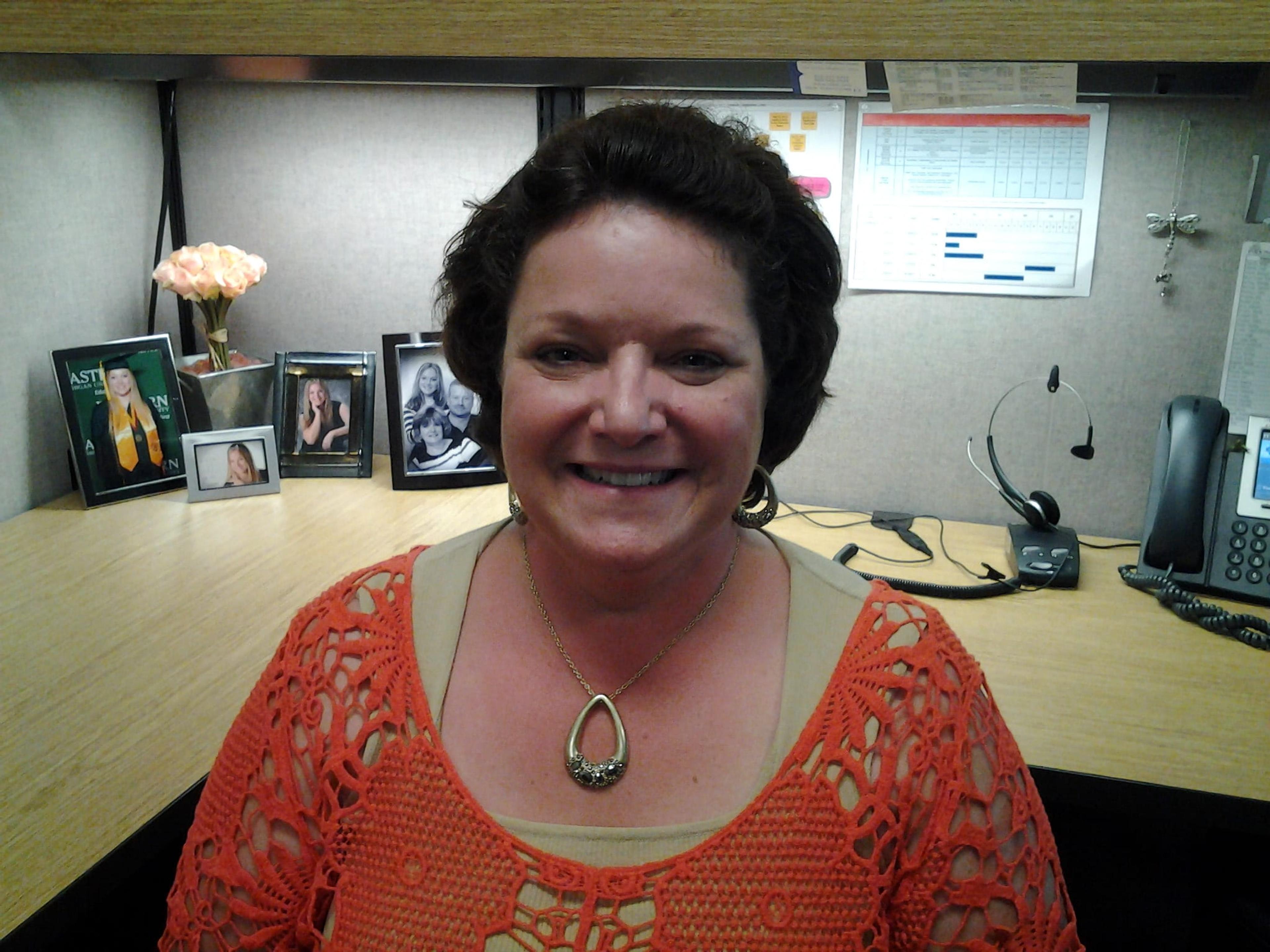Skipping breast exams could cost your life
Guest Blogger
| 4 min read

I never missed my annual breast exam. I lost a good friend to breast cancer years ago and understand the importance of regular mammograms. In 2011, however, trying circumstances caused me to miss my scheduled appointment.
I thought about waiting until the next year, but my conscience bothered me too much.
Four months later, I finally went in for my appointment. The results of the exam prompted my doctor to schedule an ultrasound and other imaging. I knew something was wrong.
On Thursday, May 12, 2011, I got the call confirming my fear: I had stage IIB breast cancer.
I always did regular self-breast exams and never felt a lump. I had no history of breast cancer in my immediate family. It was easy to assume waiting a year wouldn’t make a difference… until it saved my life.
Through my own experience I learned a lot about breast cancer. For instance, a lump doesn’t always mean breast cancer and breast cancer doesn’t always mean a lump. The majority of women with breast cancer also have no family history.
There are so many myths surrounding this disease that it can be hard to separate fact from fiction. It is true that one in eight women will get breast cancer. Somewhere along the telephone line, however, this developed into, “All women have a one-in-eight chance of getting breast cancer.” This is not true. A woman’s chance of being diagnosed with breast cancer is about one in 2,000 when she’s in her 20s and rises with age.
According to the American Cancer Society, aside from being female, age is the strongest risk factor for breast cancer. Other risk factors include:
- Dense breast tissue
- Personal history of breast cancer
- Drinking alcohol
- High-dose radiation to chest or face
- Certain benign breast conditions
- Never having children or having a first child after age 30
- Heavy smoking
- Not breastfeeding
- Genetics
- Long menstrual history
- Began menstruating before 12 years old
- Began menopause after 55 years old
- Birth control
- Family history (primarily first-degree relatives)
- Being overweight or obese
- Physical inactivity
There are risk factors that you can control and there are risk factors that you cannot. You cannot, for example, control your genetics or family history. The best way to prevent breast cancer is to take control of the risk factors related to lifestyle changes:
- Limit alcohol consumption to no more than one drink per day.
- Control your weight
- Be physically active
- Breastfeed
- Avoid exposure to radiation unless absolutely necessary
Keep in mind that most people have at least one risk factor but will never get breast cancer. On the flip side, people have been free of risk factors when diagnosed with breast cancer. Regardless, you have nothing to lose by adopting a healthier lifestyle. You have your life to gain.
In 2012, an estimated 232,340 women and 2,240 men received a call similar to the one I received. Breast cancer is the second most diagnosed cancer in women, exceeded only by cancers of the skin. The United States has one of the highest incidence rates worldwide yet 90 percent of women diagnosed with breast cancer are still alive five years after their diagnosis. Breast cancer death rates have steadily decreased over the past several decades. High-survival and low-mortality rates are due to increased awareness of cancer symptoms, education on how to minimize risk factors, and progress in earlier detection and improved treatment.
National Mammography Day is celebrated on the third Friday each October as a reminder to women throughout the U.S. to make a mammography appointment. This year, National Mammography day falls on Friday, October 18th. There are often no symptoms of breast cancer when the tumor is small and most treatable. Without screening, it could be years before you feel a lump on your own.
Don’t put off getting your checkups. It’s important to go in even if you’re fearful of what you might hear. It’s better to go in, know, and get it taken care of than putting it off until there’s nothing that can be done for it.
Jeanne Kirkpatrick, an employee with Blue Cross Blue Shield of Michigan, is a breast cancer survivor.





